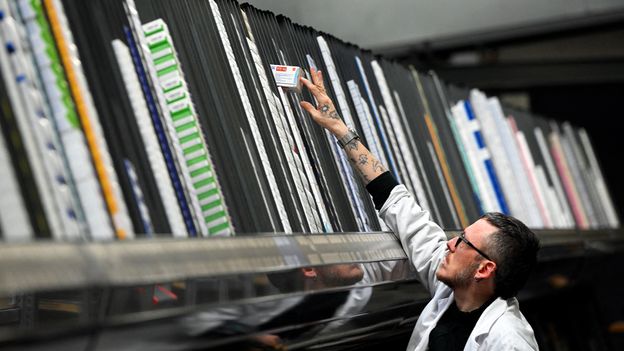Persistent shortages of popular drugs are affecting millions of patients worldwide. What lies behind it?
When the end of the month rolls around, Donia Youssef, a 46-year-old children’s book writer based in Essex, UK, starts to worry. It is when she calls her local pharmacy to fill her prescription for ADHD medication, but increasingly she gets an answer she dreads: that the drug is out of stock.
“It has been an uphill battle trying to secure it,” says Youssef, who has been taking Elvanse for her Attention Deficit Hyperactivity Disorder (ADHD) for six years. “This uncertainty is incredibly stressful and affects my ability to function daily.”
Not only do straightforward tasks become daunting when Youssef doesn’t have access to her medication, but the financial strain of potentially needing to pay out-of-pocket for alternative treatments, which are only sometimes covered by insurance, adds to her worries. “It’s exhausting and disheartening,” says Youssef.
Worldwide, hundreds of thousands of patients like Youssef are struggling to access their medication because of ongoing, unprecedented drug shortages around the world. Medications for ADHD, cancer treatments, statins, opioid painkillers, anaesthetics and antibiotics have had persistent or recurring shortages in recent years. Popular weight-loss drugs such as Mounjaro, Wegovy and Ozempic have experienced rapidly rising demand as their use has become popular alongside sudden increases in price, leaving many of those who need the drugs to manage conditions such as type 2 diabetes struggling.
Source link
